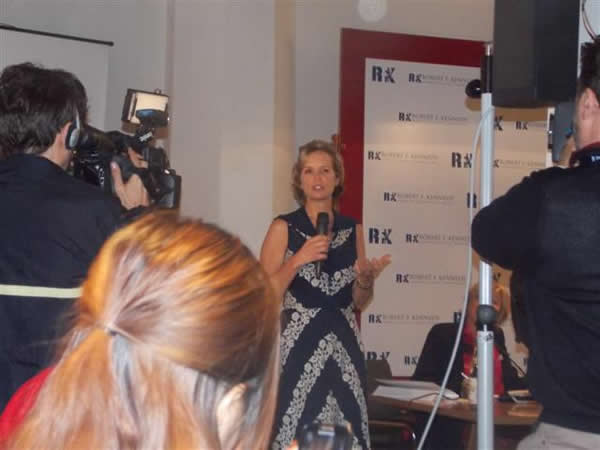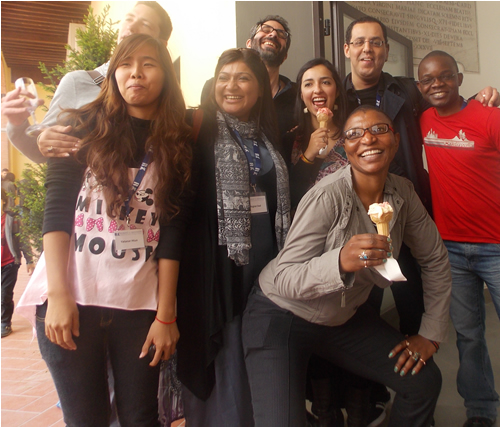NGO job vacancies in Zimbabwe
Friday, May 24th, 2013 by Bev ClarkHey! Need a job? Want to work in the NGO/development sector in Zimbabwe? Check out the job vacancies below and apply today. If you want to receive regular civic and human rights information, together with NGO job vacancies and other opportunities like scholarships by getting our regular email newsletter, please email join [at] kubatana [dot] net
Country Funding Coordinator/Institutional Funding Officer: OXFAM
Deadline: 31 May 2013
Location: Harare
Contract: 12 months
We are committed to ensuring diversity and gender equality within our organisation. Women are strongly encouraged to apply.
**NB we are re-advertising this position, those who previously applied need not to apply.
OXFAM Vision
Zimbabwean women, men and children are exercising their rights and accessing dignified sustainable livelihood opportunities within the context of a just, accountable and democratic political, legal and socio-economic environment.
Country Purpose
To significantly reduce poverty, inequality and suffering amongst the poor and marginalised people in Zimbabwe, Oxfam will work with partner organisations on:
-Strengthening local capacities
-Enabling communities and local CSOs
-Meeting humanitarian needs
In addition to developing and supporting the strategic and operational capacity its partner organisations, Oxfam will build alliances and knowledge networks, undertake research analysis to inform decision-making and influence local and global policy makers to facilitate and leverage change.
Team Purpose
-To raise funds for Oxfam’s program in Zimbabwe and effectively manage the funds
-To develop and maintain good quality and consistent relationships with donors
-To lead on contract management: To effectively support program teams to develop and plan concept papers and proposals in accordance with country strategy and donor requirements.
Job Purpose
This is a combination of 2 part time jobs both with different tasks and responsibilities
-To establish, implement and maintain the Oxfam country funding strategy including resourcing for development, humanitarian and policy/advocacy work in order to increase Oxfam income from institutional donors. This includes spotting funding opportunities, targeted donor relationship building and engaging in joint fundraising initiatives across Oxfam affiliates in Zimbabwe.
-To support directly the fundraising plans and efforts of Oxfam Novib through joint and individual funding initiatives.
To Apply
To find out more about this role and to apply online, visit www.oxfam.org.uk/jobs and quote ref: INT6234
Communication and Advocacy Officer: Gays and lesbians of Zimbabwe (GALZ)
Deadline: 8 June 2013
GALZ invites applications from suitably qualified persons to fill the position of Communication and Advocacy Officer within the association. Position Description Reporting to the Director, the Communications and Advocacy Officer is responsible for creating awareness, developing and disseminating information to the general public, media, government, NGOs and other key players in the field of International development, on critical issues in LGBTI community empowerment in Zimbabwe, in the region and internationally. The Incumbent will be responsible for developing and delivery of GALZ communication, advocacy and media strategies.
Responsibilities
-Working closely with colleagues across the organization to ensure that communications and advocacy targets are met, Ensures marketing of GALZ’s work is effective to our target audiences
-Create new opportunities for partnerships and support
-Create and execute an innovative three-year strategy and annual action plan for communications and advocacy including the organisation’s annual report
-Develop LGBTI information material for different audiences. You will work across the organization to mobilise and align communications, media and advocacy activities to engage the membership, communities, society, and supporters and attract funding
-Represent GALZ at external meetings as required, acting as key liaison with Civil Society, Media, government officials, international agencies and local organisations
Qualifications
-Bachelor’s degree in Communications/Public Relations or relevant field
-Experience in communications, LGBTI rights, human rights, international relations, development or a related field
-At least four (4) years of relevant professional experience, working in communications and advocacy, media, at a national and/or international level preferably in the NGO sector
-Exposure to reporting requirements of donors
-Competence in use of digital and social media tools
-Excellent IT skills
To apply
Interested and qualified candidates who match the profile are invited to submit by email their CV and application to jobs [at] galz [dot] co
Only short listed candidates will be contacted











